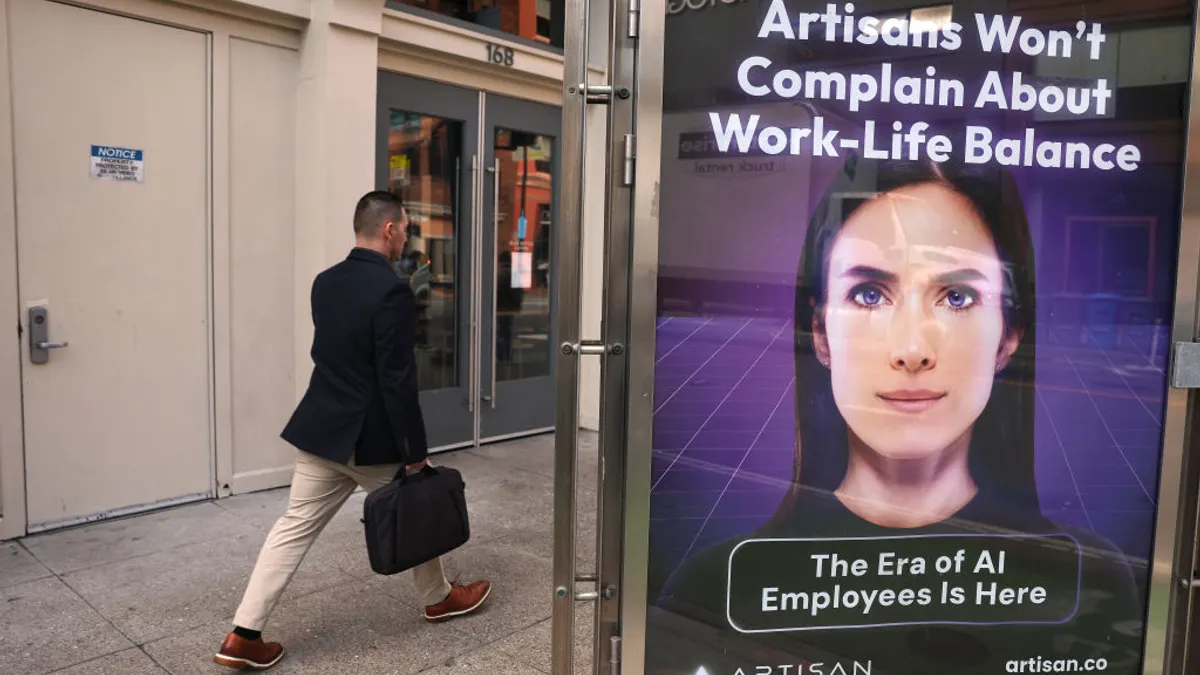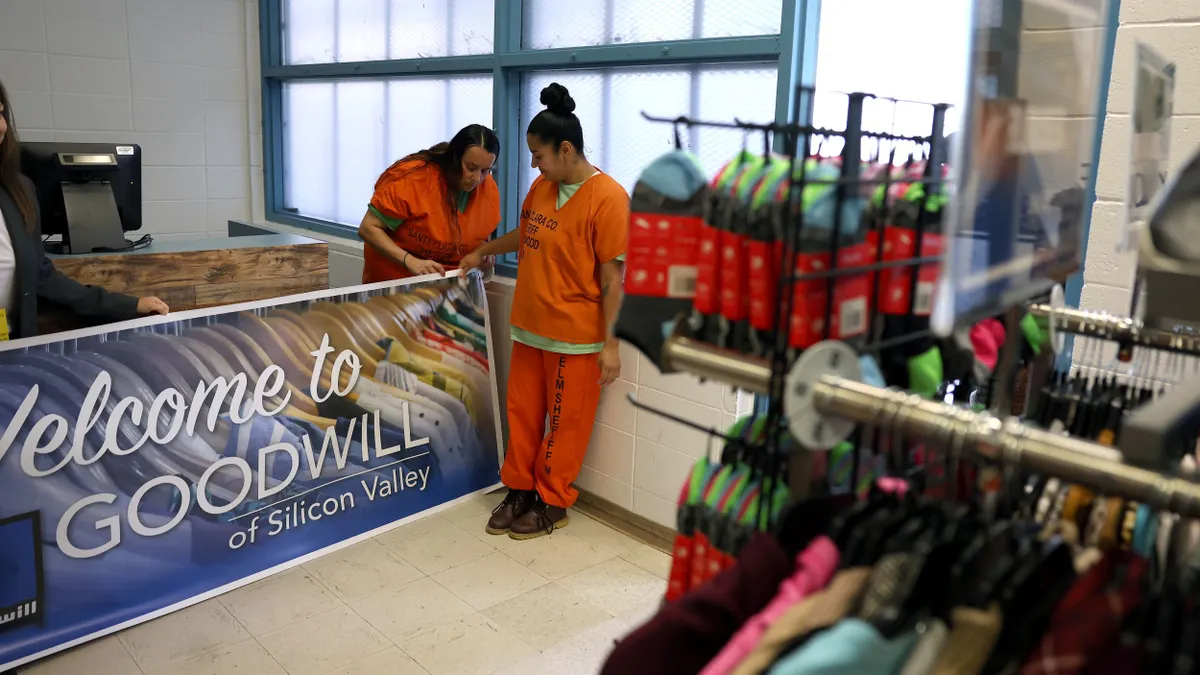Call it exaggeration or stretching the truth, the fact is that many people lie on their resume. For recruiters and hiring managers, the problem is so widespread that it is, to some degree, expected.
How much are Americans lying? A recent survey by HireRight revealed that 85% of HR professionals have found a lie on a resume. The lies don't seem to have abated with low unemployment; that number is up from 66% five years ago.
When asked, 46% of employees report knowing someone who misrepresented or exaggerated their resume, according to Office Team. What are they fudging about? The most common lie centers on experience, followed by duties, education and employment.
Tech vs. truth
Some say applicant tracking systems may be to blame. World-weary recruiters, trying to sift through the hundreds of resumes that come in response to every posting, are turning to technology to thin the herd.
But candidates have wised up — realizing that their applications may never make it to a human who would allow one year and 11 months' experience to slide when a posting says two years' experience — and are honing their resumes to make the software's cut. The same tech that was supposed to make it easier to hire has now made it easier to hire the unqualified.
“Employers have significantly higher chances of choosing candidates with incorrect credentials," Danny King, CEO of Accredible, told HR Dive. For recruiters, the time saved screening has created time spent verifying.
“Third party verification,” King says, “is a necessary step in an ever-increasing digital hiring environment.”
Enter blockchain
Blockchain is the newest tool in HR's toolbox. The technology isn’t terribly new, but HR professionals are beginning to find uses for it.
If you don't know what blockchain is, you’re not alone. The short version: it lets you access goods, services or information directly from the source without a “trusted third party.” (Think ordering a ride directly from a driver without the ride service taking a fee.) Want the long version? See Blockchain: What is it and how is HR using it?
When it comes to resumes, blockchain technology has the potential to largely eliminate exaggeration. Schools can post degrees and educational details, employers can share dates and titles, and credentialing entities can make information available. Candidates could then authorize employers to access their records directly.
“Although blockchain cannot guarantee all exaggerations or flaws will be detected, it does dramatically reduce incidents of fraudulent points and helps employers get the most accurate picture of their candidate’s credentials before hiring," King said.
First steps
Blockchain for HR is in its infancy. MIT was one of the first universities to issue “recipient-owned virtual credentials” when it debuted blockchain last year to allow access to degrees.
The key is a reliable source, says Steve Chen, EchoLink project founder; “Blockchain can be used to provide verified education and skill information if the data sources are verified. i.e. if we know degree info is put on the blockchain by universities and not users themselves, then such information would have a high degree of integrity.”
Wide adoption will be important, too, says John Nurthen, executive director global research at Staffing Industry Analysts. “If schools, universities, employers, skills test providers and drug screening agencies all agreed to record data on a common blockchain, we might see much more certainty added to the hiring process," he said.
So how do we get there? “Until we see the emergence of a dominant player around which consensus emerges, the promise of resume integrity will mostly remain an aspiration," Nurthen says.
Blockchain’s potential
How blockchain will integrate with applicant tracking systems remains to be seen, but it could well be the next phase of ATS evolution. Imagine a system that allows candidates to direct HR right to their credentials for immediate verification.
The benefits could go beyond time saving. HR could focus on the more important strategic aspects of the profession, like employee engagement, development and retention. Blockchain has the potential to revolutionize not only how we hire, but how we dedicate HR bandwidth.


















